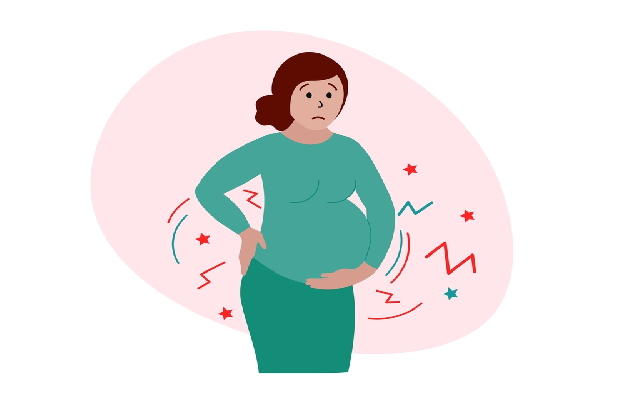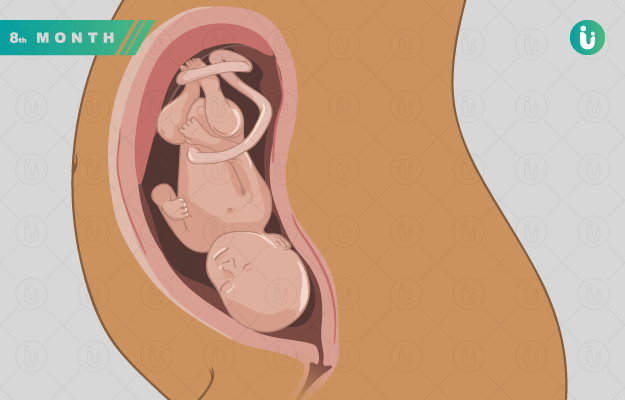Besides ageing, a number of non-modifiable lifestyle-related factors - such as smoking, excessive consumption of caffeine and alcohol, stress, agonist sports, chronic exposure to environmental pollutants, and other nutritional habits - have a negative impact on fertility. In particular, metabolic disorders such as diabetes, obesity, and hyperlipidemia commonly associated with hypercaloric diets are also known to affect fertility - in both men and women.
In such a situation, In vitro fertilization (IVF) is an effective way for couples to get pregnant despite a variety of male and female infertility conditions. IVF is a fertility treatment in which a woman’s egg and a man’s sperm are combined in a laboratory in order to achieve fertilization. After growing the fertilized egg (embryo) for several days in an incubator, one or more embryos are transferred to the uterus to achieve a pregnancy.
Once you have decided to opt for IVF, it is a good idea to start monitoring your diet. If your weight is too high or too low, it can affect fertility adversely and reduces the chance of you getting pregnant. So, starting with an excellent diet along with your medicine and injections can be a game-changer!






































